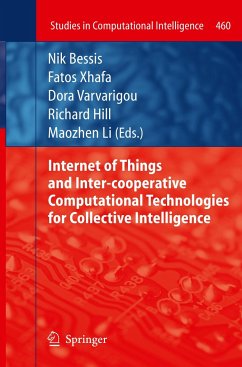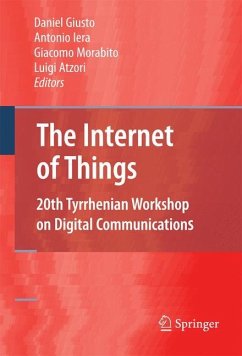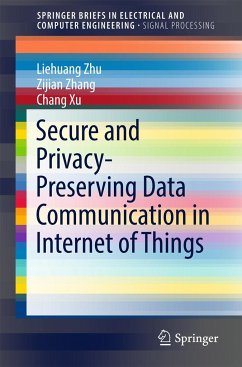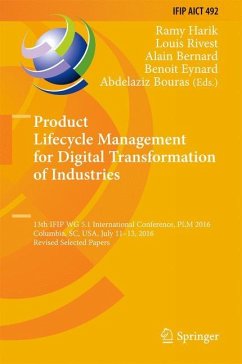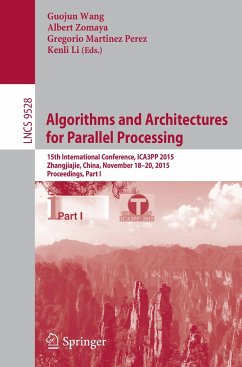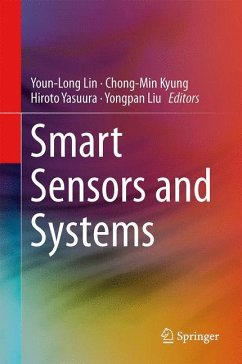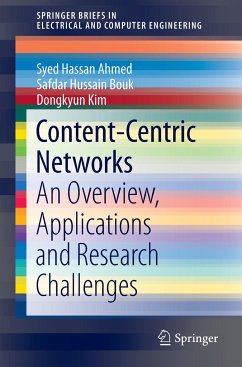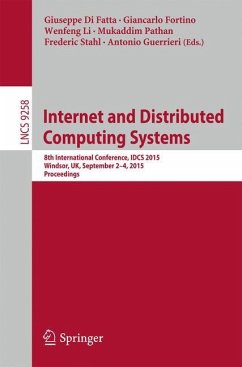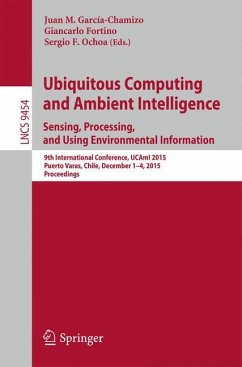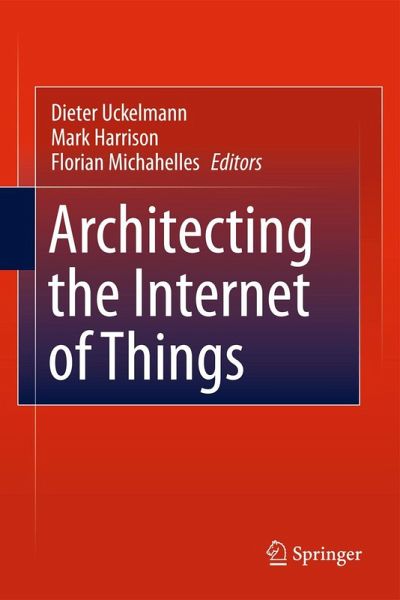
Architecting the Internet of Things
Versandkostenfrei!
Versandfertig in 6-10 Tagen
91,99 €
inkl. MwSt.

PAYBACK Punkte
46 °P sammeln!
Many of the initial developments towards the Internet of Things have focused on the combination of Auto-ID and networked infrastructures in business-to-business logistics and product lifecycle applications. However, the Internet of Things is more than a business tool for managing business processes more efficiently and more effectively - it will also enable a more convenient way of life.Since the term Internet of Things first came to attention when the Auto-ID Center launched their initial vision for the EPC network for automatically identifying and tracing the flow of goods within supply-chai...
Many of the initial developments towards the Internet of Things have focused on the combination of Auto-ID and networked infrastructures in business-to-business logistics and product lifecycle applications. However, the Internet of Things is more than a business tool for managing business processes more efficiently and more effectively - it will also enable a more convenient way of life.
Since the term Internet of Things first came to attention when the Auto-ID Center launched their initial vision for the EPC network for automatically identifying and tracing the flow of goods within supply-chains, increasing numbers of researchers and practitioners have further developed this vision.
The authors in this book provide a research perspective on current and future developments in the Internet of Things. The different chapters cover a broad range of topics from system design aspects and core architectural approaches to end-user participation, business perspectives and applications.
Since the term Internet of Things first came to attention when the Auto-ID Center launched their initial vision for the EPC network for automatically identifying and tracing the flow of goods within supply-chains, increasing numbers of researchers and practitioners have further developed this vision.
The authors in this book provide a research perspective on current and future developments in the Internet of Things. The different chapters cover a broad range of topics from system design aspects and core architectural approaches to end-user participation, business perspectives and applications.



